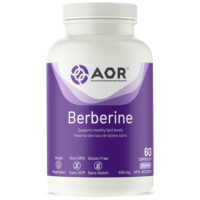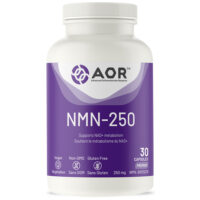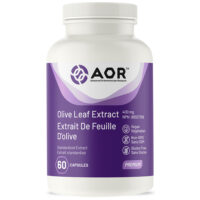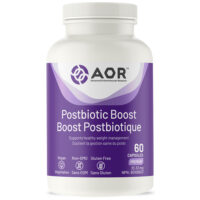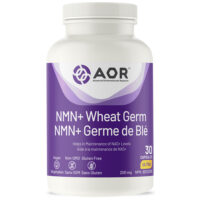High cholesterol doesn’t really have any symptoms. You could have it right now, and unless you get tested for it, you would never know. Yet it can have some unsavory effects on your health.
Our bodies need a certain amount of cholesterol for activities such as creating new cells. Some cholesterol is produced by our livers, and we also get it from food sources. However, if too much cholesterol is present, it deposits itself on the walls of our arteries. This causes them to harden, and it restricts the blood flow through them. These effects can eventually lead to heart attacks or strokes if high cholesterol is left untreated. That’s why it is so important to keep an eye on your cholesterol.
If you have high cholesterol, it can be treated with medication. But it is often possible to lower it through diet and lifestyle changes instead. Here are some things you can do to lower your cholesterol.
* Reduce your intake of cholesterol, trans fat and saturated fat. These are found in meats and other foods that come from animals. They are also present in a number of snack foods.
* Choose foods that are low in fat or contain fats that are less harmful. Vegetable oils are preferable to those that come from animal sources or shortening. And meat is not necessarily off limits, as long as it is lean.
* Consider using herbal supplements. Flaxseed oil and garlic are two of the herbs most commonly used for lowering cholesterol. You can find these in a health food store or online.
* Lose weight. Being overweight can contribute to high cholesterol, and it can lower HDL, the “good” cholesterol.
* Exercise. Inactivity can raise your LDL, or “bad” cholesterol, and lower your HDL.
* Drink plenty of water. Water cleanses your system, and it can help your body get rid of excess cholesterol.
* Refrain from smoking. Smoking is bad for your health in general, and it can lower your HDL.
If you have high cholesterol and these methods do not lower it sufficiently, your high cholesterol may be hereditary. Whether it is hereditary or not, high cholesterol that does not respond to lifestyle changes must often be controlled by medication. Your doctor can go over your options with you, and he can determine which medicine best meets your needs if drugs are necessary.
High cholesterol can greatly increase your risk for serious health problems. The good news is that it is treatable. In many cases, a special diet and some lifestyle changes can get it under control without prescription medications. Keeping your cholesterol under control is one of the most important things you can do for your heart.


